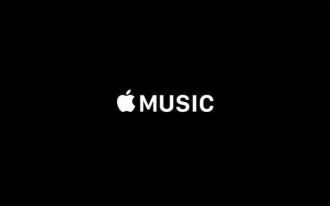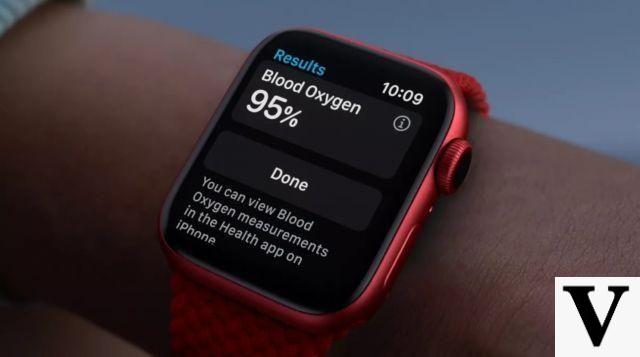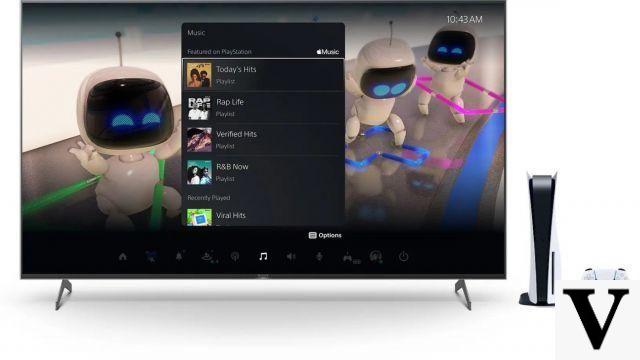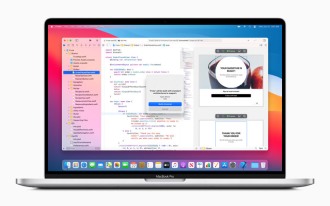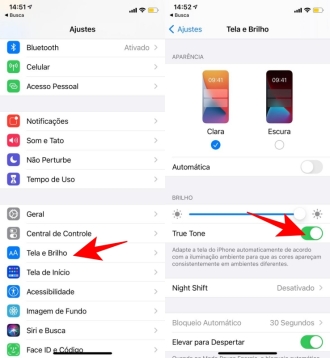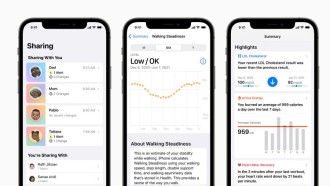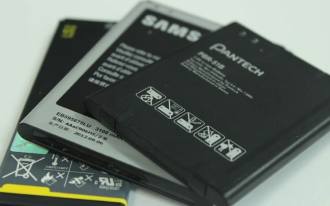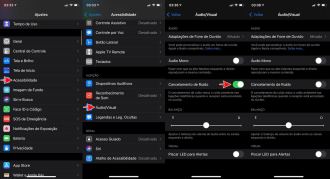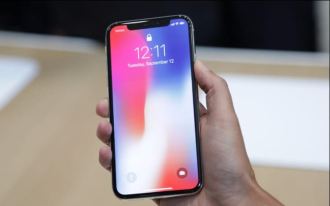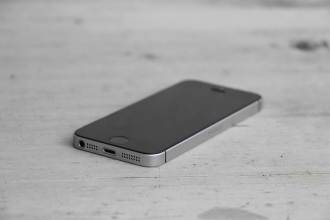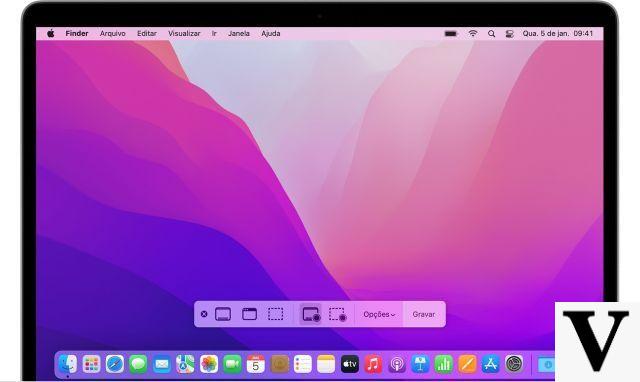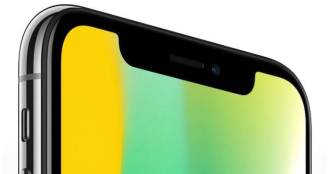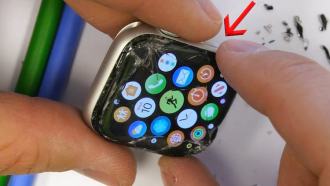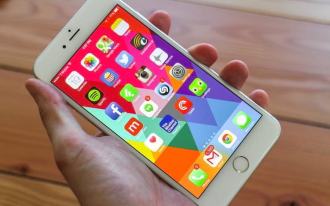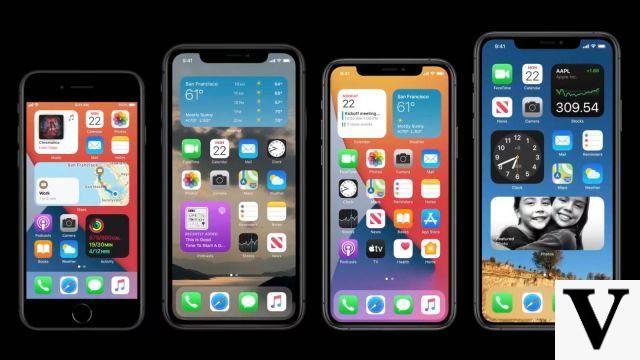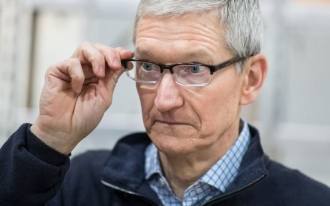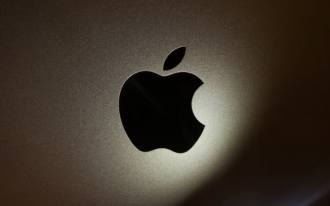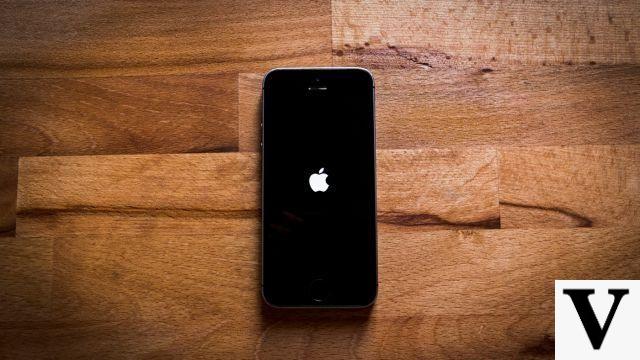
Despite the announcement that it would carbon neutralize its products and supply chain by 2030, Apple is in trouble. According to Greenpeace, TSMC, a partner of American Apple, is far from becoming environmentally friendly. Check out the details below.
How will Apple Fitness+ work in Spain?Apple's Sustainable Plan
In July 2020, Apple stated that it wants to neutralize carbon emissions by 2030. In short, the company would have already achieved this goal in corporate operations at a global level. And now, the American promises to zero the impact of all the devices produced, until the next decade.
To achieve this goal, Apple proposed a low-carbon framework, and the expansion of energy efficiency. In addition, the development of the renewable energy matrix is planned, as well as innovations in processes and materials and carbon extraction.
The announced plan aims to encourage other companies to adopt similar actions. Only in this way does Apple understand that it is possible to reduce environmental impacts. According to Apple CEO TIm Cook, "Companies have the opportunity to help build a more sustainable future, based on our common concern for the planet we share."
iPhone is not 100% clean production, says Greenpeace
Despite Apple's efforts to reduce its ecological footprint by 75% by 2030, the plan must be extended. And the main challenge must be the lack of chips on the market. Last Tuesday (21), the website CNBeta stated that TSMC, the world's largest semiconductor manufacturer, has much smaller plans in terms of zero emissions. In short, the company estimates this target only in 2050.
According to Grenpeace reports, TSMC uses almost 5% of Taiwan's electricity. And the percentage is expected to rise to 7,2% in 2022. The company also makes use of a large amount of water resources. In 2019 alone, the company consumed 63 million tons of water. This was at the same time as Taiwan was facing the worst drought in 50 years.
Faced with a global chip shortage, manufacturers are forced to ramp up manufacturing. And so, the goal of ensuring a sustainable production chain in a short term is increasingly distant. One of the alternatives found by TSMC was the agreement with Ørsted. The energy company is building a 920 megawatt international wind farm in the Taiwan Strait. The agreement must allow for 20 years of clean energy supply.
Therefore, taking into account that TSMC is the only chip supplier for Apple's main devices, such as the iPhone, it is possible that the company will have to postpone its sustainability plans. In addition, the lack of components is expected to affect the price of devices in the coming years.



